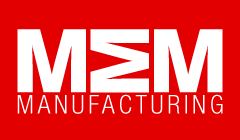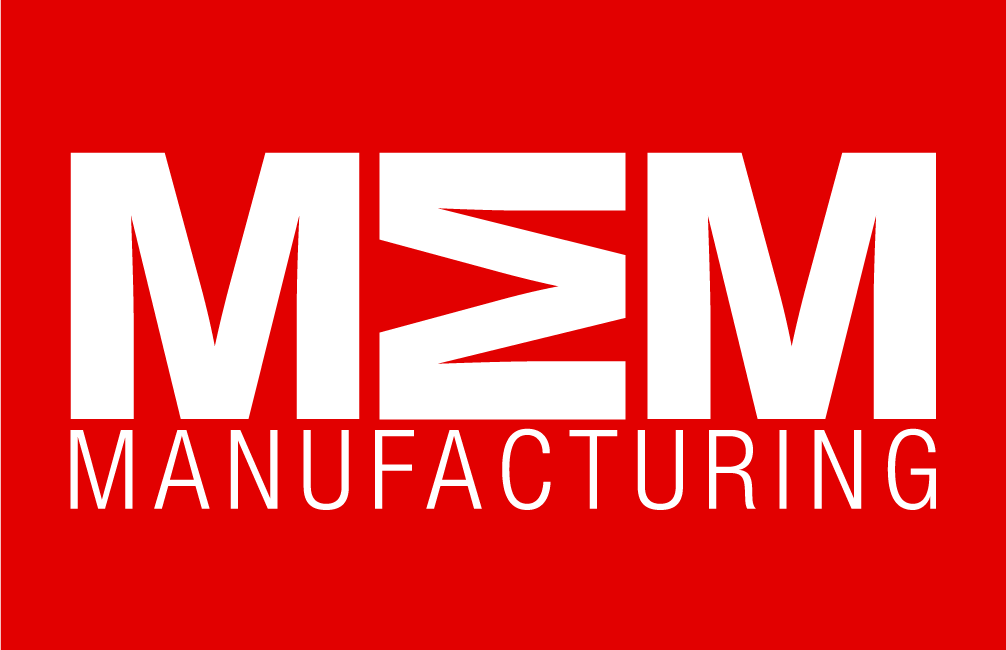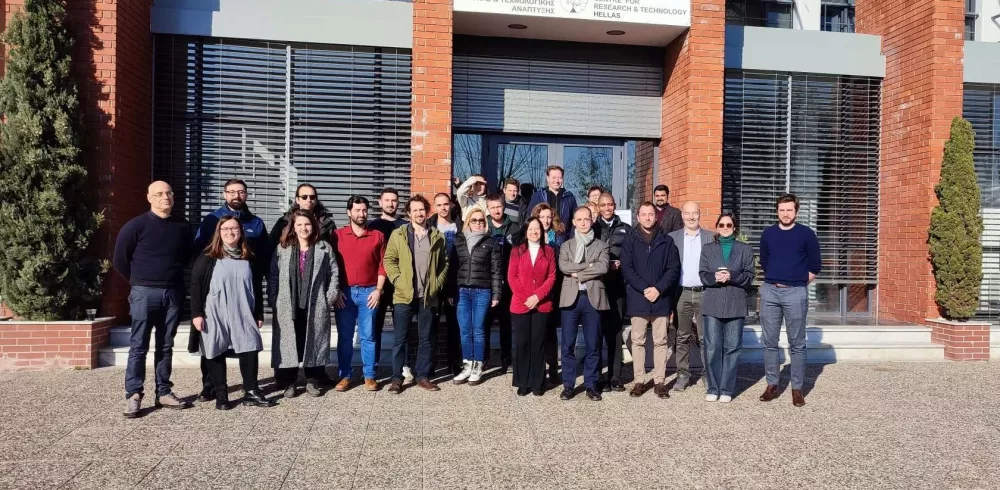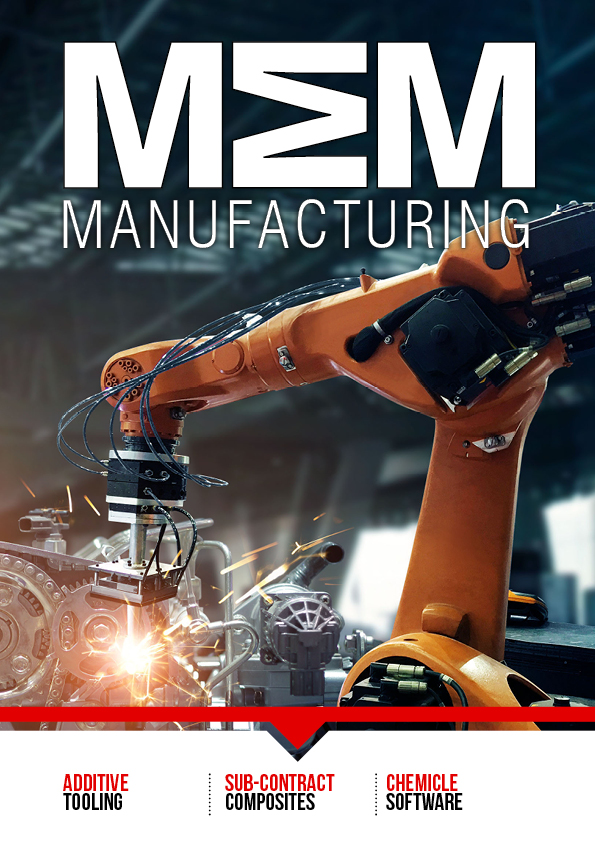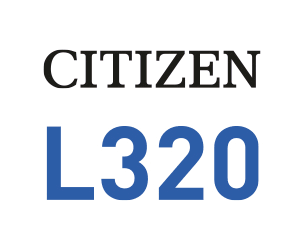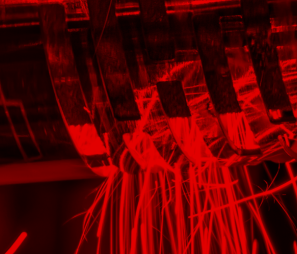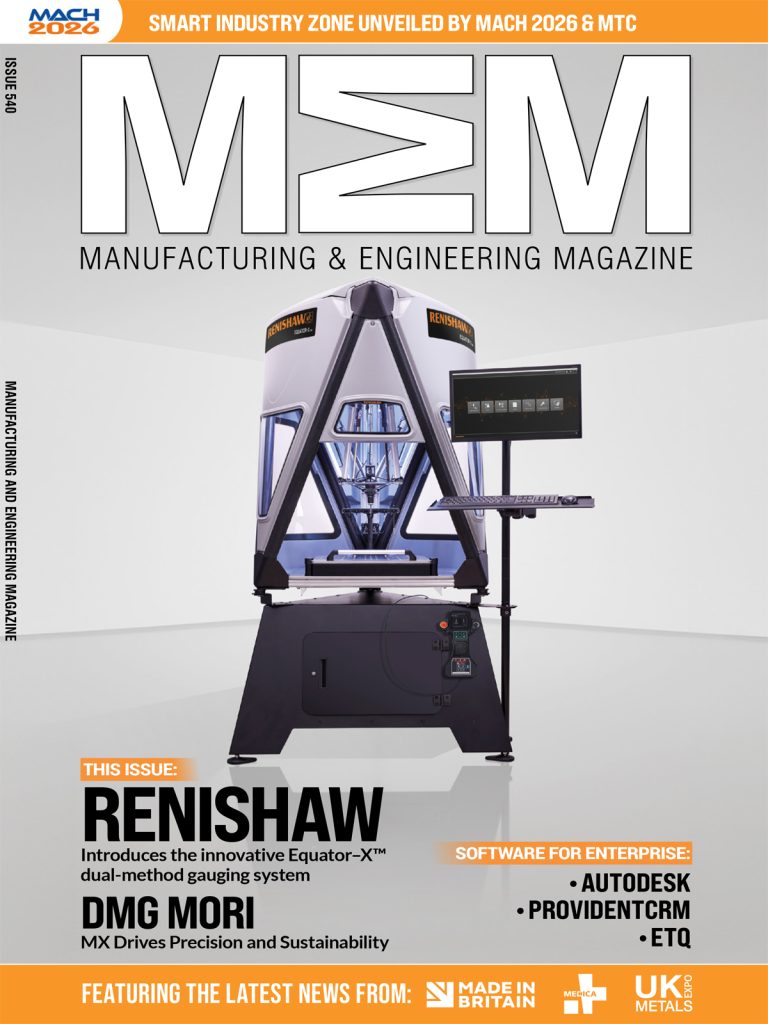iPRODUCE is a European-funded project that embraces and explores the connections between several concepts, namely open innovation, social manufacturing, co-creation, and collaboration. iPRODUCE is a 42-month project, which started in January 2020, whose full title is “A Social Manufacturing Framework for Streamlined Multi- stakeholder Open Innovation Missions in Consumer Goods Sectors”. Simplifying, and considering the mentioned concepts, the iPRODUCE project has worked towards the development of a social manufacturing platform that enables the interaction and collaboration between different types of actors and stakeholders, particularly focusing on user-driven open-innovation and co-creation. Moreover, it explores these collaboration activities in several consumer sectors, including furniture, electronics, mobility, and others.
The main objectives of iPRODUCE’s are threefold:
- To motivate and bring closer the local manufacturing industry, the maker community and consumers (MMCs).
- To engage these actors in joint co-creation challenges to manufacture new consumer products, and introduce novel engineering and production (eco)systems.
- To fuse practices, methods and tools that maker communities and the manufacturing industry (SMEs specifically) are employing in their activities.
What is a novel social manufacturing platform?
The Social Manufacturing Platform is one of the main outputs of the iPRODUCE project and is very much aligned with the mentioned projectives. In the framework of iPRODUCE, a social manufacturing platform is a space that enables multi-stakeholder interactions and collaborations to support open-innovation and co-creation. The platform facilitates innovation and creation activities through tools that support matchmaking, secure interactions, generative product design, process orchestration, prototyping, usability evaluations and lifecycle management.
Part of the validation of this platform is done through its deployment in local ecosystems, initially consisting of our core partners, but expanding during the project. These ecosystems are composed of SME associations, manufacturing and specialist SMEs, Fablabs, Makers spaces, and others. Collectively and within iPRODUCE, they are called collaborative manufacturing demonstration facilities (cMDFs).
Therefore, part of the challenge for the cMDFs is to engage in open and collaborative activities while taking advantage of different tools and services. One set of tools to highlight are the Open Innovation Space (OpIS) tools, which include software for virtual and augmented reality development activities, IPR contract management, data analytics, and matchmaking. Users can also take advantage of the marketplace, where ideas can be shared, teams can be established and developed products can be sold.
An important objective of the platform is that it be able to support knowledge and resource sharing across the cMDFs and help shape social manufacturing processes and scale collaborative production activities.
About the cMDFs
The iPRODUCE project introduces a concept called Collaborative Manufacturing Demonstration Facilities (cMDFs), which are designed to operate at the local level. These cMDFs consist of physical spaces and production facilities that serve as catalysts for collaborative engineering and co-creation activities. The main goal of the cMDFs is to facilitate and support the initiation, promotion, and successful implementation of collaborative manufacturing projects.
In the era of open innovation and co-creation, the iPRODUCE initiative aims to foster collaborative activities that transcend borders and bring together expertise from different countries. In pursuit of this goal, five pilot cMDFs have been established in France, Spain, Italy, Greece, and Germany. These cMDFs serve as vibrant hubs for innovation, where diverse sectors such as furniture, mobility, medical, electronics, and microelectronics are addressed.
Each cMDF represents a unique ecosystem that fosters interdisciplinary collaboration, providing a platform for stakeholders to come together, including researchers, entrepreneurs, designers, manufacturers, and end-users, enabling them to jointly develop innovative solutions for complex challenges across various sectors.
Below is a summary of the five iPRODUCE cMDFS:
Spanish cMDF
The Spanish cMDF facilitates collaborative engineering in the production of home furnishing products. It brings together furniture manufacturing companies, and the FabLab (fabrication laboratory), along with a community of experts and makers. The goal is to develop customer-driven products that have complex specifications, which the furniture producers cannot handle independently.
German cMDF
The German cMDF improves the ability of small and medium-sized manufacturing companies to collaborate in creating innovative consumer products. It also aims to familiarises SMEs with the Maker movement and leverages the mindset and working methods of Fablabs.
French cMDF
The French cMDF fosters collaboration and project development in the automotive/mobility industry and related consumer goods sectors. The cMDF aims to speed up time to market and create new production processes that can quickly adapt to changing demand and technology advancements.
Italian cMDF
The Italian cMDF creates a collaborative manufacturing environment for product development and improvement in the microelectronics consumer sector. The goal is to facilitate collaboration between microelectronics manufacturing companies, and FabLabs. This collaboration will involve experts, makers, local start-ups, and small and medium-sized enterprises (SMEs) to collectively work on the development and enhancement of products in this industry.
Greek cMDF
The Greek cMDF focuses on collaboratively designing and developing 3D printed medical products integrated with IoT sensors. By incorporating expert opinions and feedback from users, the cMDF seeks to create innovative medical equipment that surpasses existing solutions in terms of comfort and efficiency. The ultimate goal is to enhance patients’ quality of life by providing them with improved medical devices.
The sectors addressed by the cMDFs are of significant societal and economic relevance. Furniture, mobility, medical, electronics, and microelectronics industries are at the forefront of technological advancements and have a profound impact on our daily lives. Through collaborative efforts in these sectors, the iPRODUCE project seeks to drive innovation, enhance competitiveness, and contribute to sustainable development.
In conclusion, the cMDFs established within the iPRODUCE project represent a pioneering approach to open innovation and co-creation. These facilities embody the spirit of collaboration, bringing together diverse expertise from different countries and sectors. By leveraging the power of collective intelligence, the cMDFs strive to generate innovative solutions that address complex challenges and contribute to the advancement of various industries. Together, the iPRODUCE project and its cMDFs are shaping the future of collaborative manufacturing and fostering a culture of shared innovation.
The structure of iPRODUCE?
iPRODUCE is a 42-month European-funded project, which started in January 2020. Being a project, all of the mentioned concepts, objectives and activities are structured into a set of core activities – called work packages in EU jargon – that have evolved over the course of the project.
The initial focus of the project was very much related to establishing the main value proposition of iPRODUCE. This meant understanding specific needs, requirements and motivations from potential users of the social manufacturing platform. In parallel, the initial cMDFs of the project were set up and the grounds for expansion during the project were defined. Based on identified needs and requirements, the iPRODUCE services and tools were designed and developed. Following best practices of product development, all of the services and tools were evaluated.
Together with the cMDFs, other external stakeholders were mobilised to support in the validation of the social manufacturing platform, respective tools, and general iPRODUCE value proposition. An ecosystem of stakeholders was engaged, and an ambassador programme was defined to bring in new stakeholders to trial the various services and tools. These and other stakeholders were mobilised in various competitions that were organised by the project, the last having been a Hackathon in April 2023, with more than 60 people participating locally or online.
Lastly, and to ensure that the social manufacturing platform and cMDFs continue to be explored beyond the end of the project, business models and other sustainability mechanisms have been discussed and put in place.
iPRODUCE is a project with 19 partners from various European countries, namely Spain, Germany, Italy, France, Denmark, UK, Greece, Luxembourg, and Belgium. The project mobilises non-profit organisations, large industrial companies and SMEs, and research partners, each bringing a relevant set of expertise in the domains of the project.
The establishment of the five cMDFs within the iPRODUCE initiative involves specifying the unique structure levels of each cMDF (including founding members, core group, and community). Clear management principles and governance protocols have been defined, alongside additional requirements for the OpIS platform. Furthermore, an initial action plan has been developed as a collective infrastructure strategy.
To ensure effective management and governance of the cMDFs, clear management principles and governance protocols have been defined. These principles and protocols serve as guidelines for decision-making, resource allocation, and overall coordination of activities within the cMDFs. They help create a structured and organised environment that facilitates efficient collaboration and maximises the benefits derived from the cMDFs.
iPRODUCE is organised into ten Work Packages, encompassing a wide range of activities. These activities include identifying business challenges in social manufacturing, establishing and enhancing cMDFs, defining core services for the social manufacturing platform, and validating and evaluating the social manufacturing space.
Within iPRODUCE, local cMDFs unite within a flexible organisational structure. This structure facilitates the extraction and sharing of knowledge, as well as the pooling of resources and manufacturing facilities.
An outline of how Manufacturing SMEs, Maker Communities and Consumers are able to benefit from iPRODUCE
The iPRODUCE project benefits various types of entities, particularly manufacturing SMEs, maker communities, and consumers. In addition the social manufacturing platform that is available to them, there are other tangible benefits coming out of iPRODUCE:
- Collaboration and networking: The platform brings together various stakeholders such as manufacturing companies, their associations/networks, Fablabs/makerspaces, and DIY communities. This creates opportunities for collaboration, knowledge sharing, and networking among different players in the local manufacturing ecosystem. SMEs, Maker Communities and Consumers can connect with other organisations, experts, and potential partners, which can lead to new business opportunities and partnerships.
- Access to resources and expertise: By adopting Fab-Lab concepts and approaches, the platform provides SMEs, Maker Communities and Consumers with access to resources and expertise that may otherwise be costly or difficult to obtain. Fablabs and makerspaces often have advanced manufacturing tools, such as 3D printers, CNC machines, and laser cutters, which SMEs, Maker Communities and Consumers can utilise without the need for significant investments. Additionally, the platform allows SMEs, Maker Communities and Consumers to tap into the collective knowledge and skills of the community, gaining insights and support for their manufacturing processes.
- Innovation and product development: The collaborative manufacturing ecosystems supported by collaborative Manufacturing Demonstration Facilities (cMDFs) encourage innovation and product development. SMEs, Maker Communities and Consumers can benefit from the collective creativity and expertise of the ecosystem, enabling them to explore new ideas, prototypes, and solutions. The platform facilitates rapid prototyping and iteration cycles, reducing the time and cost involved in bringing new products to market. This can be particularly advantageous for SMEs, Maker Communities and Consumers, as it allows them to be agile and competitive in the fast-paced consumer goods sector.
- Market access and visibility: The platform helps SMEs, Maker Communities and Consumers enhance their market access and visibility. By participating in the local multi-stakeholder ecosystems, SMEs, Maker Communities and Consumers can showcase their products and capabilities to a wider audience, including potential customers, investors, and industry experts. This increased visibility can lead to new sales channels, partnerships, and business opportunities for SMEs, Maker Communities and Consumers, helping them expand their customer base and increase revenue.
- Knowledge transfer and capacity building: The platform promotes knowledge transfer and capacity building among SMEs, Maker Communities and Consumers. Through interactions with other ecosystem members, SMEs, Maker Communities and Consumers can learn new manufacturing techniques, gain insights into emerging trends, and acquire valuable business knowledge. This continuous learning and skill development can strengthen SMEs’, Maker Communities and Consumers competitiveness and enable them to adapt to changing market dynamics more effectively.
Overall, the iPRODUCE project’s social manufacturing platform offers SMEs, Maker Communities and Consumers the advantages of collaboration, access to resources, innovation support, market exposure, and knowledge sharing. By leveraging these benefits, SMEs, Maker Communities and Consumers can overcome some of the challenges they face in the consumer goods sector and enhance their overall competitiveness.

| iPRODUCE has received funding from the European Union’s Horizon 2020 research and innovation programme under Grant Agreement no. 870037. This publication reflects only the author’s view and that the Commission is not responsible for any use that may be made of the information it contains. |
____
Manufacturing & Engineering Magazine | The Home of Manufacturing Industry News
